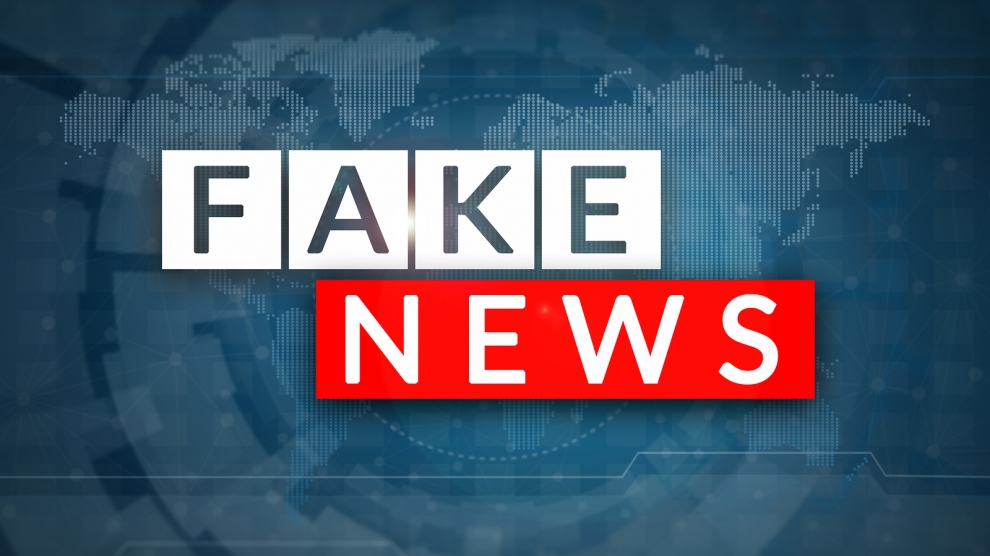With the world fighting to contain the coronavirus, which has now infected more than 200,000 people around the globe and caused more than 8,000 deaths, the Russian government continues to spread disinformation to weaken Europe, going so far to use the virus itself in order to do so.
According to the Financial Times, citing an internal report from the European External Action Service (EEAS), Russian state media and pro-Kremlin media outlets are conducting “a significant disinformation campaign.”
The ultimate aim of Moscow’s disinformation campaign is to “aggravate the public health crisis in western countries, specifically by undermining public trust in national healthcare systems — thus preventing an effective response to the outbreak.”
EU officials point out that in Italy, the European country hardest hit by the coronavirus outbreak, the Kremlin has devised a campaign to create fear among the country’s citizens over whether or not the Italian and local governments are able to manage the health crisis. In Spain, the Kremlin is spreading disinformation based around “advance apocalyptic stories, blaming capitalists for trying to benefit from the virus, and emphasising how well Russia and [President Vladimir] Putin are dealing with the outbreak.”
“The campaign is designed to exacerbate confusion, panic and fear, and to prevent people from accessing reliable information about the virus and public safety provisions,” wrote the Financial Times, quoting the internal report, adding that “these efforts are in line with the Kremlin’s broader strategy of attempting to subvert European societies from within by exploiting their vulnerabilities and divisions.”
Close to 80 cases of coronavirus-related cases of disinformation have been registered, with most of them targeting English, Spanish, Italian, German and French audiences.
However, EUvsDisinfo, a project of the EEAS’s East StratCom Task Force, shows that pro-Russian fake news has also been focused on emerging Europe. The disinformation task force registered 47 cases of disinformation attempts as of March 10, with many of them spread by Russian or Russia-aligned outlets in the region.
Here are five of the most striking examples.
One shady news site with a Moldovan URL and Russian language posts on March 4 simply suggested that the coronavirus outbreak was a lie.
Another Russian language website suggested that the coronavirus was basically a bacteriological weapon with a “genetic code” designed to infect the Chinese. The article quoted a former Russian UN official who said that the coronavirus was “beneficial for American corporations that are developing these kinds of new diseases just for profit. Or maybe for the Americans themselves.”
The article then points to the Tbilisi-based Richard Lugar Center for Public Health Research, a Georgian state health facility also known as the Lugar Lab as the possible source of such a “genetically targeted weapon”. Prior to coronavirus-related fake news, the lab has been at the center of disinformation from the Russian media claiming that it is a US-supported institution conducting dangerous experiments on human beings.
On a third website, this time in Belarus, it was suggested that the Belarusian democratic opposition wants people to get infected with coronavirus to disrupt the country’s forthcoming presidential elections and the electoral chances of President Aleksander Lukashenko. “They need popular oppression, millions of people infected around the country to overthrow the one they hate so much. And if the Belarusian people are the price for it, then the opposition, without blinking an eye, will go for it.”
In Armenia, the Yerevan-based service of Russian state-run news agency Sputnik quoted an “expert” who claimed that the outbreak of the virus was not a coincidence and was created by “the notorious centres” to create a new economic crisis and control people’s minds. The article pointed towards a common narrative of conspiracy theories: secret elites such as the CIA, a global government or US-Hungarian billionaire George Soros.
Last but not least, a columnist at Sputnik Ossetia suggested that using the Covid-19 epidemic as an information tool was an element of a political struggle, with politicians in Europe and the US busy rescuing stock markets and finding culprits rather than fighting the infection, pushing for a narrative according to which the spread of coronavirus is in the interest of the US as it weakens China and Russia economically.
The summary of the EU task force also suggests that the messaging of these pro-Kremlin media outlets is mixed, with some suggesting that the pandemic is less harmful than a seasonal influenza while others claim it will bring the end of civilisation.
“The pro-Kremlin disinformation outlets are not attempting to ‘sell an idea’, but rather to confuse the audience. While journalists from reputable news outlets painstakingly check and recheck sources and data, the disinformation outlets spread ‘alternative facts’. The information space is occupied with lies; a fog of fakes obscures the facts,” the EEAS task force says about coronavirus-related disinformation.
Some countries in emerging Europe have already taken steps to counter fake news.
In Romania, emergency legislation allows for the closure of any website or social media account found to be spreading false information.
However, as Clotilde Armand, an MEP from the Save Romania Union has pointed out, what if the government itself is spreading fake news?
On March 15, Siegfried Mureșan, another MEP and member of the country’s ruling Liberal party, claimed that everyone in Romania who was suspected of having coronavirus was being tested. Medical staff at a number of hospitals have rejected the claim, stating that there are simply not enough tests to go round.






[…] More on: Provide […]
[…] of looking to destabilise west with coronavirus disinformation campaign — The IndependentEven during a global emergency, Russia’s disinformation campaign continues — Emerging Europe Tagged breaking news, latest news, live news, news today, war news, […]